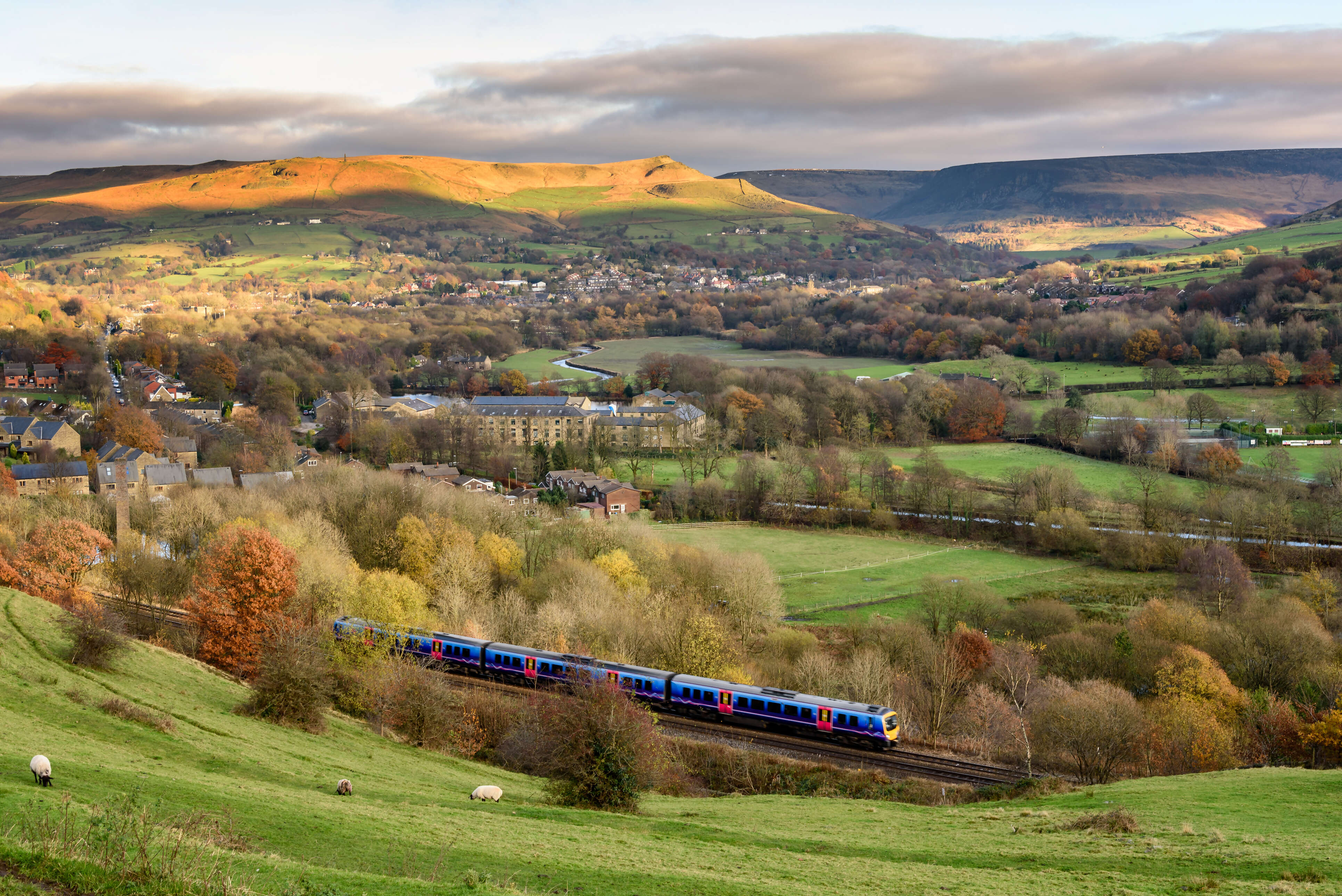The United Kingdom is a captivating blend of ancient history, vibrant cities, and breathtaking landscapes. As more travelers seek to reduce their environmental impact, the UK offers plenty of opportunities to explore responsibly. Here’s your guide to traveling to and around the UK—sustainably.
Getting to the UK
While flying is often the most practical way to reach the UK, especially internationally and overseas, however, consider these greener alternatives and tips:
- Take the train: If you're coming from mainland Europe, the Eurostar is a low-emission alternative to flying.
- Offset your carbon footprint: If flying is necessary, choose direct flights and use reputable carbon offset programs.
- Pack light: Lighter luggage means less fuel consumption.
Best Time to Visit
To reduce your environmental impact:
- Travel off-peak: Visiting in spring or autumn helps avoid over-tourism and supports local economies year-round.
Enjoy nature responsibly: Spring and summer are ideal for hiking and cycling, but always follow the “Leave No Trace” principles.
Top Destinations with a Green Twist
London
Explore the capital using its excellent public transport system or rent a Santander Cycle and tour the city by bicycle. Visit eco-conscious attractions like the Sky Garden or Kew Gardens, and dine at sustainable restaurants like Silo and support their zero waste policy.
Edinburgh
Scotland’s capital is walkable and full of green spaces. Take a hike up Arthur’s Seat or explore the Royal Botanic Garden. Many local businesses support eco-friendly practices.
Bath
This historic city is compact and ideal for walking. Businesses across the city are driving innovation and solutions to help tackle the climate crisis. Practices such as using low-carbon transport options, reducing, reusing and recycling waste and using locally produced seasonal products can be seen in hotels, tourist attractions and cafes & restaurants.
York
York promotes cycling and pedestrian zones. Visit the Yorkshire Museum Gardens and support local artisans at the Shambles Market.
Getting Around Sustainably
- Trains: One of the greenest ways to travel long distances in the UK. Book in advance for cheaper fares.
- Buses and Coaches: National Express and Megabus have low-emission fleets.
- Cycling: Many cities have bike-share schemes and dedicated cycle lanes.
- Walking: The UK is full of National Trails and heritage walks—perfect for slow, immersive travel.
- Electric Car Rentals: If you must drive, consider renting an EV. The charging infrastructure is growing rapidly.
Eco-Friendly Travel Tips
- Stay green: Choose eco-certified accommodations or locally owned B&Bs.
- Eat local: Support farmers’ markets and restaurants that use seasonal, local produce.
- Refill and reuse: Bring a reusable water bottle and shopping bag. Refill stations are common in cities.
- Respect nature: Stick to marked trails, avoid disturbing wildlife, and take all litter with you.
- Support conservation: Visit and donate to national parks, heritage sites, and wildlife trusts.
Traveling sustainably in the UK is not only possible—it’s deeply rewarding. By making conscious choices, you can enjoy the rich culture, history, and natural beauty of the UK while helping to preserve it for future generations. Whether you're exploring ancient castles or hiking coastal paths, your journey can be both memorable and meaningful.
If you learned something from this article and/or enjoyed it, please share it. If you have any questions or would like to learn more about sustainable travel, please contact us. Our beautiful planet is important to Gin & Tonic Travel, and we support sustainability in our business by working with sustainable suppliers and how we operate our business.
You can read more about sustainability in travel in our weekly Sustainable Sips blog. If there is a topic you would like us to write about, please send us your suggestion to explore@ginandtonictravel.com.
Article by Samantha Leeming, Travel Advisor at Gin & Tonic Travel
All rights reserved. You are welcome to share this material from this page, but it may not be copied, re-published, broadcast, rewritten or redistributed.

